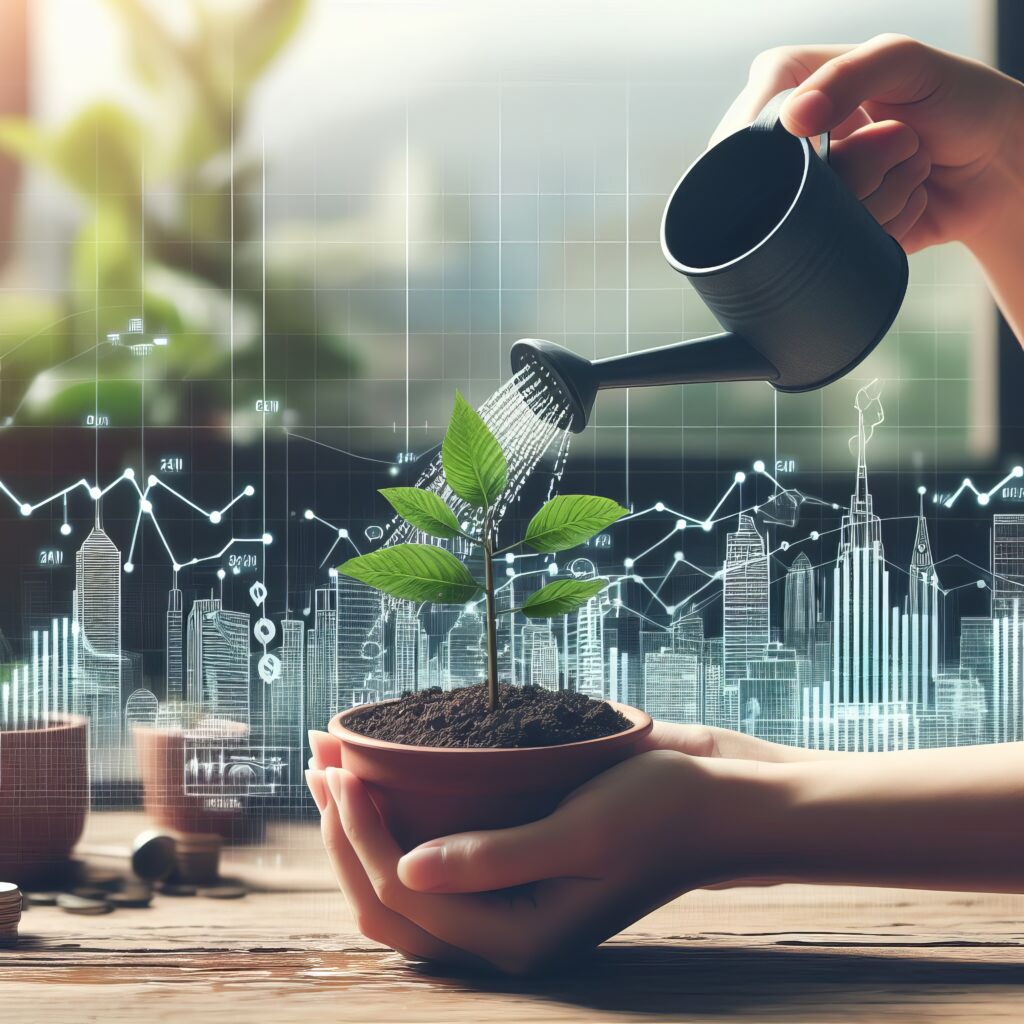Product Stewardship Definition
Product Stewardship is the act of minimizing the risk of health, safety, environmental and social impact, and maximizing the economic benefits of a product and its packaging throughout all stages of product use, reuse, disposal, and/or destruction. The producer of the product has the greatest ability to minimize adverse impacts, but other parties, such as suppliers, retailers, consumers, handlers, and disposal facilities also play a role.
Altiras Product Stewardship in Beneficial Reuse

For a host of reasons, Product Stewardship in alternative chemicals is considerably more complex for companies involved in beneficial reuse than for typical commodity or specialty chemicals. First, considerably less information is typically available for alternative chemicals. For example, alternative chemicals rarely have specifications, technical data sheets, handling and use guidelines and often fail to have a proper SDS. Second, most suppliers of alternative products just want the materials to “go away” since they have a small impact on the operating income once they are no longer wasted. The materials are more of a hassle to deal with versus an important part of the business. Finally, many producers of alternative chemicals and petroleum products invest little in the development of literature such as technical data sheets or specifications compared to what they do for primary products.
This is why Altiras is the best choice for handling co-products, byproducts, and off-spec materials. Since these products are our PRIMARY business, we invest the necessary time, energy, and care to ensure proper Product Stewardship.
Tenants of Altiras’ Product Stewardship
The Altiras Product Stewardship Program involves the following tenants:
- Discuss basic product information (volumes, composition, process, characteristics, confidentiality, pricing, etc.).
- Review and understand any supplier restrictions on product use or applications.
- Review of product literature, including Technical Data Sheets (TDSs), Safety Data Sheets (SDSs), Product Specifications, Product Use and Handling Guidelines, and any other literature available for the product.
- RCRA and State compliance review to understand potential regulatory issues. Address any issues identified with the manufacturer.
- Placement of documentation and product information into Altiras proprietary product management system AltNet
- Request & Receive Samples. Samples logged into AltNet
- Product Analysis. Data is placed into AltNet and linked to entry for product and sample.
- Review of historic product data, load to AltNet
- Comparison of product analysis and historic data to literature provided. This step often identifies hazardous constituents that were not previously identified by the manufacturer.
- Creation and/or update to SDS, TDS, Specifications, and other documentation. Place in AltNet and link to product and samples.
- Marketing, within restrictions of use established by the supplier.
- Provide product literature to interested customers, as needed.
- Provide samples to customers as needed. For HMIS ratings of 2 or higher, review safe handling precautions with the customer.
- For customers desiring purchase, review intended use and ultimate disposition of any portion of the product from the customer’s process. Discuss checklist items including safe handling, storage, use, employee training, HAZCOM system, compliance record, and disposal process for any materials or residue.
- Document intended use. Review all data. Address any issues identified.
- Provide a Product Stewardship Letter to the manufacturer defining use and compliance.
- Ship product.
- Periodic review of compliance.
For more information on the Altiras Product Stewardship program, please email us at info@altiras.com.
